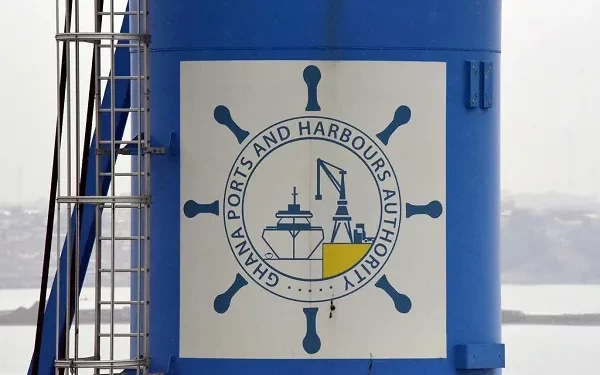GPHA Responds to Threat of Demonstration by Former Casual Workers
The Ghana Ports and Harbours Authority (GPHA) has released a statement in response to threats of public demonstrations and picketing by a group of former casual workers.
These ex-employees, utilizing social and traditional media platforms, allege that the Authority failed to disburse due compensation following a redundancy declaration approximately two decades ago.
The GPHA, in the comprehensive statement issued on Monday, July 22, 2024, clarified the circumstances surrounding the matter and corrected public misconceptions on the issue.
Port Reforms and Workforce Reductions
In 2001, the Ghanaian government embarked on an ambitious reform of the nation’s ports, guided by recommendations from the World Bank. The aim was to enhance service delivery and leverage the burgeoning regional shipping industry.
As part of this overhaul, significant port operations were transferred from GPHA to private operators capable of delivering superior service. This transition necessitated immediate staff reductions at GPHA.
Staff members were offered choices. Some transitioned to roles with the new private operators, while others opted to retire. The workforce comprised both permanent and casual workers, all of whom received substantial compensation.
Permanent employees were given the option of early voluntary retirement, which proved so attractive that it was oversubscribed, eliminating the need for compulsory retirements.
Distinction Between Permanent and Casual Workers
GPHA delineates between permanent workers, who benefit from established Conditions of Service, and casual workers, whose employment and remuneration are contingent on daily work availability.
Casual workers, or dockers, are paid daily and are not entitled to long-term benefits regardless of the duration of their service.
Goodwill Payments and Legal Proceedings
During the restructuring, GPHA extended goodwill payments—referred to colloquially as a “handshake”—to casual workers, despite no legal obligation to do so. Concurrently, a structured port casual labour company was established to absorb these workers and continue their employment.
However, the group of ex-casual workers found the goodwill payments insufficient and pursued legal action against GPHA. The case escalated to the Supreme Court, which ruled in favour of GPHA.
The group’s subsequent appeal for a review of the decision was also dismissed by the Supreme Court (Bonney & Ors (No.1) v. Ghana Ports and Harbours Authority (No.1) [2013-2014] SCGLR 436 and Bonney & Ors (No.2) v. Ghana Ports and Harbours Authority (No.2) [2013-2014] SCGLR 457).
Recurring Election Year Tactics
GPHA notes that this group frequently resurfaces during election years, attempting to leverage political pressure to secure additional payments.
Despite the finality of the Supreme Court’s 2014 ruling, these efforts persist, aiming to coerce GPHA into disbursing undeserved compensation.
Commitment to Labour Laws
GPHA underscores its adherence to labour laws and regulations concerning employee severance benefits.
Each separation case is handled meticulously in accordance with employment contracts and relevant legislation.
The current assertions by the ex-casual workers and their threats of demonstrations lack factual foundation.
Constitutional Rights and Security Concerns
While acknowledging the constitutional right to peaceful demonstration, GPHA emphasizes that such rights come with corresponding responsibilities.
The Supreme Court’s judgements remain binding, and the port area, designated as a security zone, requires careful consideration of any potential disruptions. Any actions that unduly disrupt operations will have serious security implications.
The GPHA in its statement has urged the public to understand the legal and operational context of these events, asserting that the Authority remains committed to transparency and adherence to lawful procedures, cautioning against misinformation and unwarranted disruptions.
In addressing these concerns, GPHA reaffirms its dedication to lawful and fair treatment of all workers, while maintaining the operational integrity of Ghana’s vital port infrastructure.








